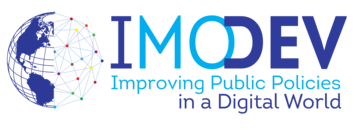New Media & Citizen Collaboration
Salle / Hall : IRJS - Salle des professeurs
Horaire / Schedule : 11h00 - 12h20
Président de séance : Sylvie Capitant (University Paris 1 Panthéon-Sorbonne)
Langue / Language : English
Speech 1. Open (New) Media?
Roy Peled - Professor, Striks Law School, College of Management (Israël)
Historically, the notion of "Freedom of Information" and the younger concept of "Open Government" stemmed from citizens' right understand the political environment surrounding them and the political forces to which they are subjected. Subsequently, the struggle to open governments up for citizen scrutiny has been a huge theoretical success in the late 20th and early 21st century, even if much is yet to be achieved in practice.
However, political institutions other than the government remain in the darkness, though some have become more powerful than some governments, politically and economically. One such institution is the news media. There is little if any discussion of media accountability towards the public, and consequently no real discussion of the issue of open access to information held by the media. Ideas in this direction are suppressed by two considerations: first, the notion that private entities as such own no accountability to the public at large; second, that any legal requirement for accountability from the news media stands contrary to the fundamental right of freedom of the press.
While these are valid arguments, the need for an open discussion on open media, and whether governments have a role in promoting it, has only grown in recent years. Twenty years ago it was said that any individual with a keyboard and a modem would be able to challenge the authority of the NY Times or CNN. Things unfolded in the opposite direction. Not only is more media power concentrated in fewer hands, but an additional layer of Information agents has appeared with no declared commitment to press values, in the likes of Google and Facebook. These have rapidly and aggressively replaced the governmental censors of the 20th century. Yet, legal tools that were developed to deal with governmental infringements of free speech are unavailable to deal with these new actors.
The speech/paper suggested here argues that the same rationales that underlie open government claims can, at least in part, support claims to open information held by the news-media and new-media organizations. Furthermore, they are in much higher need in this arena, as other legal tools are unfit or too dangerous to meet the serious challenges to democracy presented by powerful news-media and by new-media organizations.



